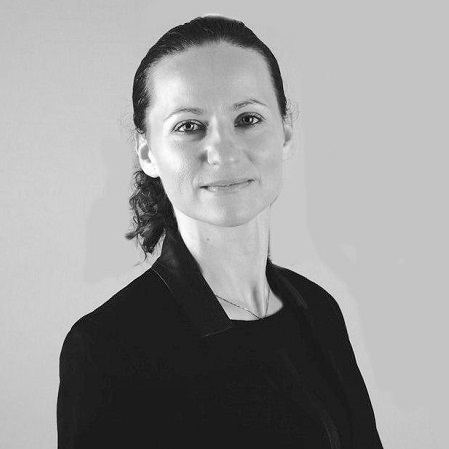Leonora Riesenburg FCIArb
Why have you decided to specialise in ADR? What attracted you to this area of law?
I am an advocate for ADR in all of its forms. ADR opens up a world of possibilities to commerce, offering confidential and flexible processes that can be tailored by participants to meet their needs and interests. As a dispute resolver, nothing gives me greater pleasure than to add value by offering services that can be trusted.
What do you consider as the biggest challenge for Arbitration in the future?
With the rising cost of arbitral proceedings, access, speed and affordability continue to be challenges to arbitration. Sophistication of arbitral processes come at a cost, requiring careful balancing. Procedural economy can be testing, particularly in complex high cost cases. Whilst third party funding can be helpful, it is not always available and can bring about its own sets of challenges. Imbalances in financial power, together with the desire for cost effective and time efficient solutions, can make arbitration less attractive to the business community. Another challenge currently trending as a hot topic is the mixed treatment of interim and conservatory orders cross jurisdiction, with greater harmony on the enforcement end needed to bolster user confidence.
What do you consider as the biggest challenge for Mediation in the future?
Mediation, which is cheaper and faster, is still eyed with suspicion in jurisdictions where it is not regulated or not administered under court supervision. This is particularly relevant in territories where there are no or no adequate protective measures available to address wrongful disclosure of information submitted in the mediation or to prevent its onward use. This is also a challenge for other unregulated ADR methods such as early neutral evaluations, which can be effective if used correctly.
Are there any interesting developments in the field of ADR in the jurisdiction you are based in?
The revision of Article 257 of the UAE Penal Code by Federal Law No. 24/2018 (previously imposing criminal liability on arbitrators acting in a manner contrary to their duty of objectivity and integrity), and the enactment of a standalone UAE Arbitration Law by Federal Law No. 6/2018 (modernizing the old regime housed in the UAE Civil Procedures Code) make for some of the more widely publicized and celebrated developments in the UAE. Going forward, the interpretation and application of the new Arbitration Law by the local judiciary is an area of significant interest.
If you had a time machine, what piece of advice would you give to yourself at the beginning of your career in ADR?
A career in ADR is a long-term investment. Start early, plan ahead, set achievable goals. Champion your own professional development. Develop your network and relationships with peers, friends and colleagues as you progress. Stay positive, drive forward with enthusiasm, passion and energy.
What is it like to work in a predominantly male profession such as ADR?
I have always enjoyed working with men. The profession is in a flux of change. The Pledge for Equal Representation in Arbitration and the tremendous support the Pledge has received from ADR organisations and institutions worldwide, is to be applauded for making significant strides towards bridging the gap in gender imbalances. I am pleased to see more initiatives promoting opportunities not only for women in ADR but also for emerging talent. Developing the next generation based on merit, without losing sight of the desirability of diversifying the existing offering, is of central importance to business sustainability. I look forward to embracing further advancement and leading by example as we progress as a collective.
How has a membership with the Chartered Institute of Arbitrators benefitted your career?
Joining the CIArb is a must for anyone genuinely interested or invested in ADR. I never hesitate to recommend the Education and Training programs offered by the CIArb and its Branches. Drawing from my own experiences, I often tell members that by the time you’re done, you walk out a different person. It is a privilege to be part of the CIArb community and always immensely rewarding to work with like-minded people with common interests.
Tell us a short war story from your ADR experience.
I have many war stories but perhaps the strangest was walking into a room blissfully unaware that what waited behind the door was a mediation. I had no idea what issues would need to be tackled but went straight into mediator mode, working the room and guiding the parties to their own solution. After an exhausting session, I could see a mix of surprise and relief when the parties shook hands and left on good terms after having agreed a mechanism to settle their differences. This transformed the way I viewed mediations. Less can be more.
